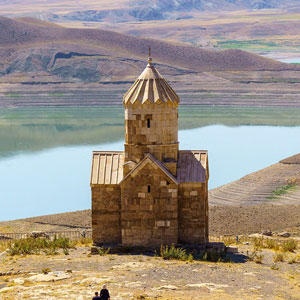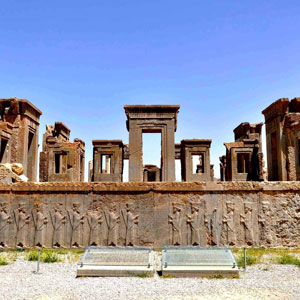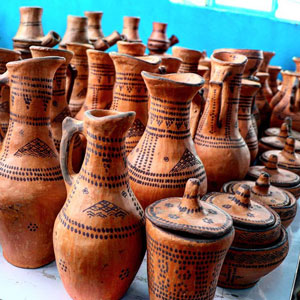 Signin with Google
Signin with Google Signin with Facebook
Signin with Facebook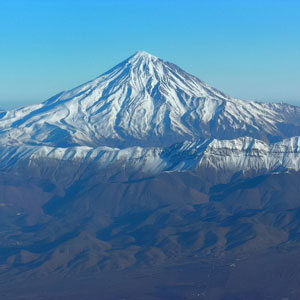 Nature
NatureThe Flavour of Iranian Rosewater Aromatizes the World
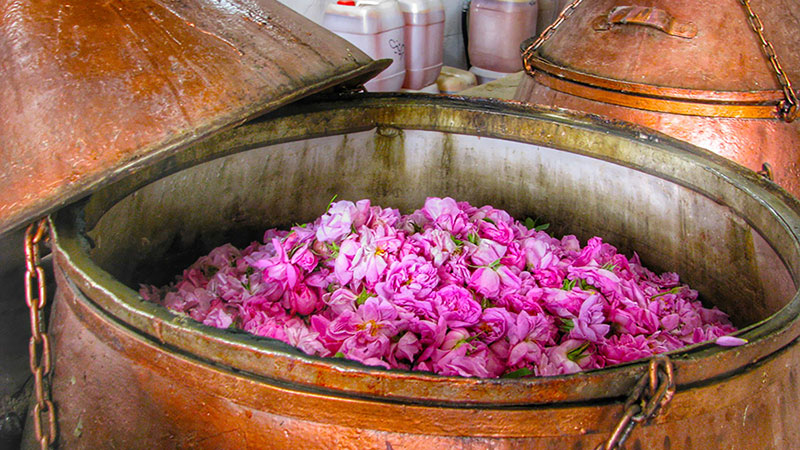
"Come out here where the roses have opened. Let the soul and the world meet". Rumi, the famous Persian poet of the 13th-century, has praised the wonders of the roses like many others. In all Persian literature, roses are a symbol of perfection and beauty, always wooed by the loving nightingale. When spring comes in Iran, roses are blooming everywhere from small city squares to majestic Persian Gardens.
The queen of all kinds of roses is "Mohammadi flower". A delicate pink flower, also known as Damascus Rose which is the most popular type of rose in the world. Some people believe it was first planted through Iran's cultural borders before spreading over the world. The Mohammadi Rose, Gol-e Mohammadi in Farsi, now exists in many varieties across the globe. Still, the Iranian flower is considered as the most precious one by botanists. It is from its enchanting petals that the incredible rosewater is made, the magical "Golab".
From the Sassanid Era to Avicenna age
The Mohammadi Rose has been cultivated in Iran since ancient times for its numerous qualities in medicine, nutrition, and cosmetics. Awe-inspiring fields of delicate rosebud had appeared more than 2000 years ago when the Sassanid Dynasty started rose cultivation for obtaining perfumes and rosewater. The Persians created the process of steam distillation to extract essential oil and rosewater from the flowers.
It is Avicenna, one of the famous Persian scientists, who produced rosewater in the 10th century. Yet, it's only from the 15th century that the distillation process was improved and genuinely implemented by the Persians nationally. Ancient stories recall that it was discovered at the wedding of the son of Akbar the Great, a Mongol Emperor. The garden where the marriage took place was encircled by a canal, into which thousands of rose petals were thrown. The hot temperature of that day resulted in the separation of the water with the essential oil of the flowers, wrapping the whole garden in the exquisite smell of roses.
Qamsar, the Iranian capital of rosewater
Since then, the bewitching scent of the rose continuously spread throughout the Iranian plateau. Mohammadi Roses mainly grow in the provinces of Fars, Kerman, and Isfahan, as well as some parts of East and West Azerbaijan Provinces. It's in Isfahan Province, around the city of Kashan, that the most well-known roses are blooming. Kashan, Qamsar, and Barzok remain the main production centre of rosewater in Iran. Thanks to the exceptional natural and climatic conditions, these places can produce the finest and best quality rosewater in the world.
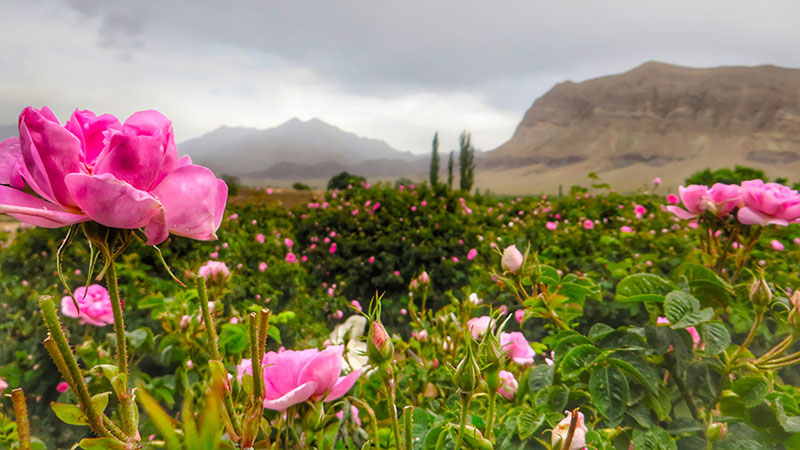
The Mohammadi Rose grows from the beginning of early May to mid-June, during which people celebrate this blessing with the "Golabgiri" ceremony. Inhabitants of Qamsar and villages around Kashan wake up with the first lights of the day to handpick the fragrant roses. Then, they leave the fields with their load of roses, to make them boil in special clay or copper pots directly in the fire for four hours.
This boiling process separates the "attar of roses", the essential oil, from the water. By collecting the oil, the water is left with a high concentration of roses, which is what makes rosewater. Fifty litres of water and 30 kilograms of flowers are needed to obtain 30 litres of liquid rosewater with this process. The whole fabrication requires excellent attention to maintain the right temperature and avoid any contamination. Rosewater is often redistilled: With the evaporation of water, the remaining have even more taste and perfume. Purified rosewater is when the distillation is done twice, which provides a higher concentration of rose and makes it a rare product.
Rosewater production has been industrialized over the years, to facilitate the lives of workers, while keeping high qualities standards. It's in Qamsar that the first rosewater factory was opened in the mid-1970s.
An incredible taste and numerous health benefits
Most perfume designers travel to the small village of Qamsar to buy the precious essential oil, which is the base of most perfumes in the world. Rosewater is also added to numerous cosmetic products, not only for its heavenly scent but also for its proven benefits for the skin.
Rosewater is a natural remedy for many health problems; hence, it had a medical application for centuries. Medical scientists have praised its health benefits. It is a stress reliever, a natural antiseptic, an anti-inflammatory that eases stomach pain and a strong sedative to relieve headaches.
If it's so good for the health, why not go for a second service? All Iranian households have a bottle of rosewater in their kitchen, as it is the main ingredient to many sweets, foods, and drinks in Persian cuisine. Its distinctive flavour perfectly spices up a refreshing summer cocktail or sherbet and gives its unique taste to many traditional sweets such as Baklava and nougats. Iranians are artists, so they know how to add some drops of this zesty flavour in the Iranian brewed tea, lemon juice and several traditional drinks.
With all these benefits, along with its delicate and enchanting smell, it is no wonder that rosewater has a special place in religion too. Muslims, Zoroastrians, and Hindus use it during specific religious ceremonies. The most sacred place in the world for Muslims, the Qibla in Mecca, is washed with water coming from the holy well of Zamzam and rosewater coming directly from Qamsar village in Iran.

